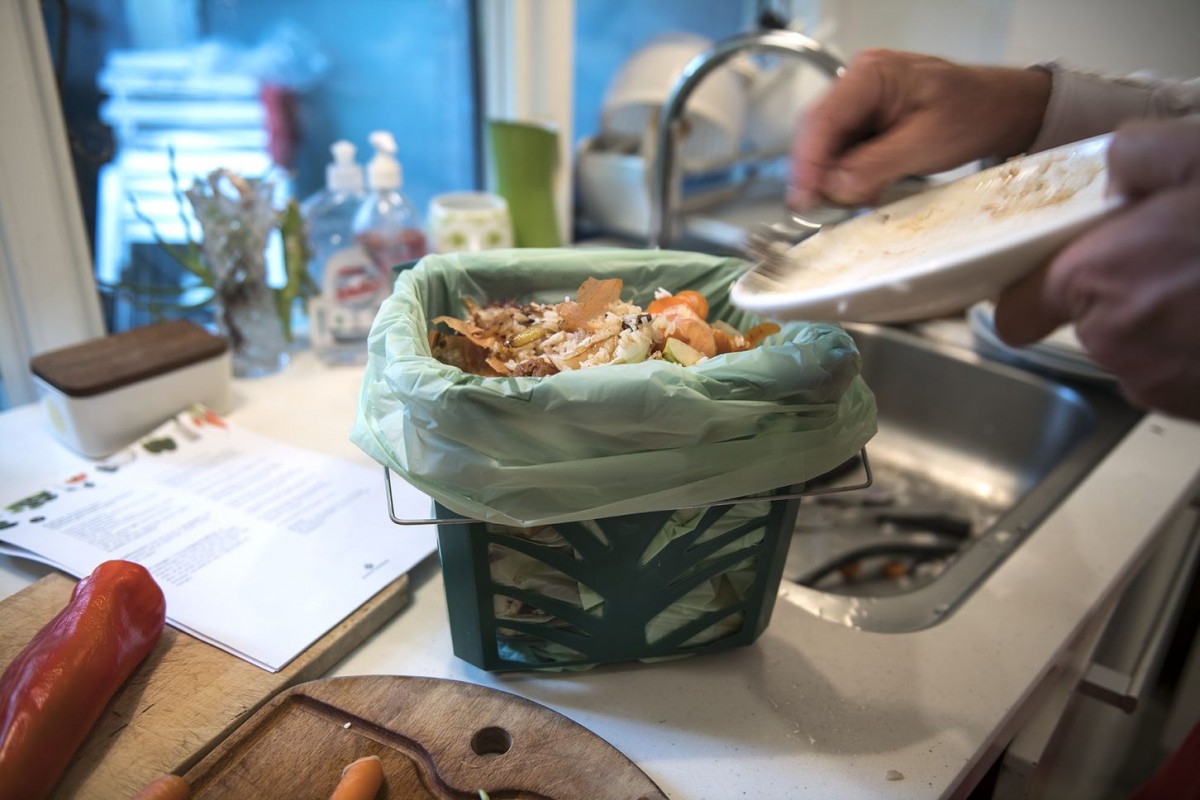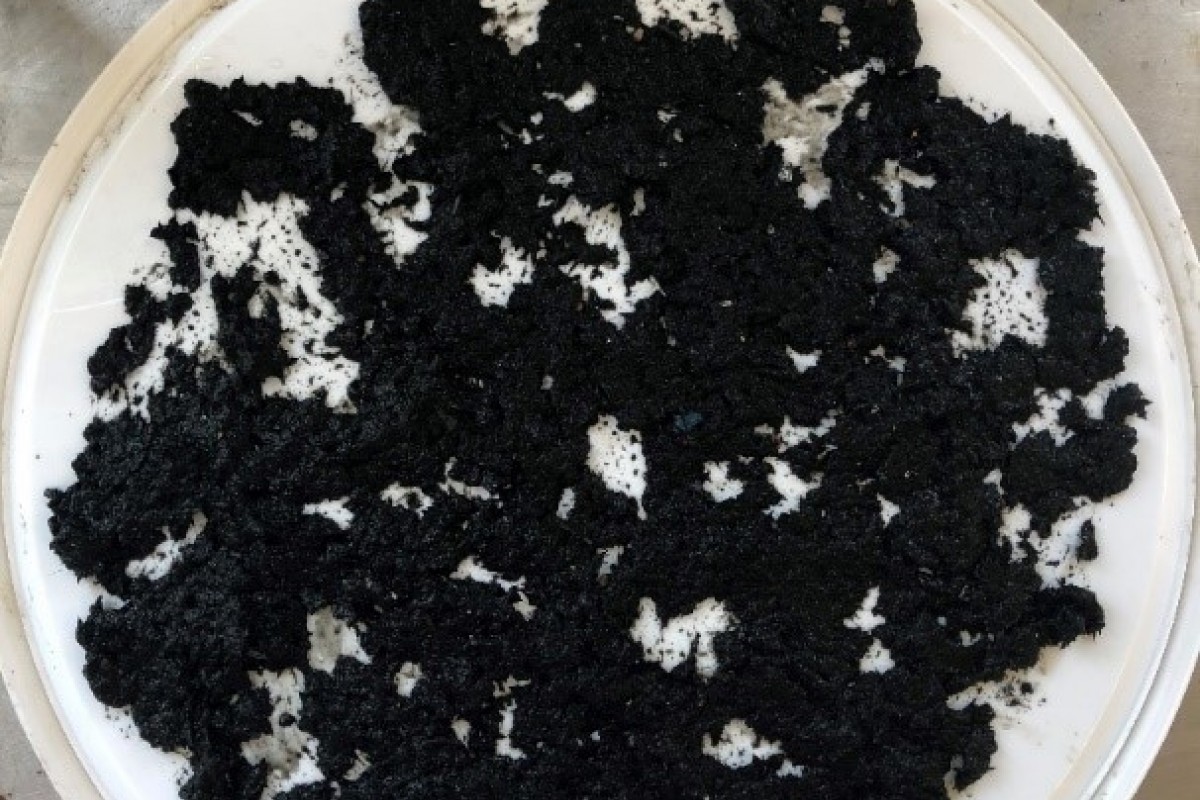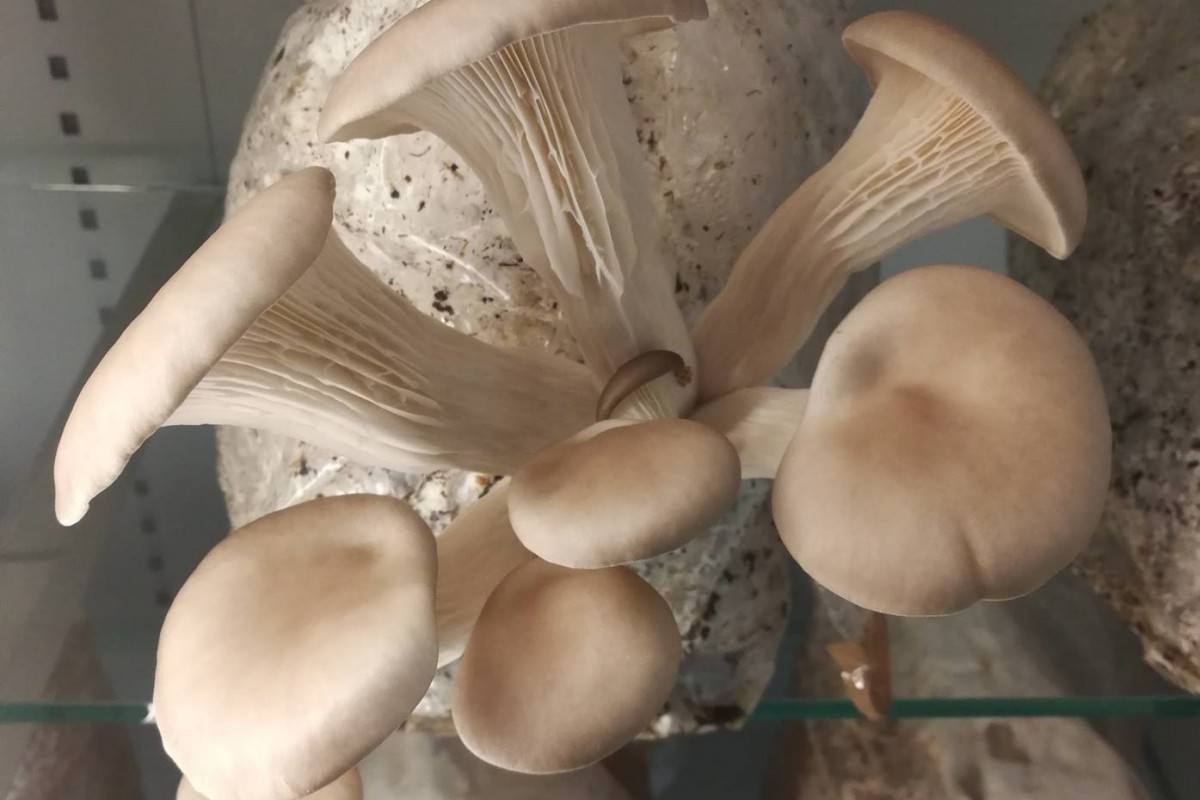Food Waste

How can we improve the quality of food waste recycling?
Food and organic waste constitute a large part of the municipal solid waste stream in Copenhagen.
The organic waste contains valuable nutrients, such as phosphorus, nitrogen, potassium and carbon, which should be returned to the soil to help prevent soil depletion and degradation. Furthermore, organic waste can be used to produce methane, which can be used for energy production or transportation fuels, and it might even serve as a feedstock for organisms producing acids, proteins, or other valuable materials.
When it comes to the residue from biogas production, which is applied as a fertilizer on farmland, the City of Copenhagen wishes to gain more knowledge about the undesirable components of the waste, such as microplastics and visible impurities, and how they behave in the environment.
Another underexplored field is the potential for utilizing and recycling the waste from the pre-treatment process, which is currently sent to incineration. This waste fraction contains collection bags, plastic, metal, and almost 50% organic matter, such as larger pieces of rigid peels and other types of food waste that cannot be pulped in the pre-treatment process.
Please contact us if you wish to collaborate or engage in dialogue about organic waste management in Copenhagen.
Contact about recycling food waste
Circular Copenhagen
More on recycling food waste
Expand all
Collection of food waste
Since 2017, all Copenhageners have been able to source separate their bio- and food waste at home.
In 2023, the collected amount reached around 15.500 tonnes which were sent for biogas production. The residue from the biogas production was spread on farmland as fertilizer.
Biogas
A biogasification plant (link opens new website) turns the food waste collected from the households in Copenhagen into biogas and bio-fertilizer. The biogas is upgraded to natural gas quality and injected into the energy grid. The bio-fertilizer is used to fertilize fields in the Greater Copenhagen area.
Biorefining
In the future, organic waste from households, incl. food waste, could potentially be used as feedstock to produce e.g. platform chemicals, proteins, and biofuels.


